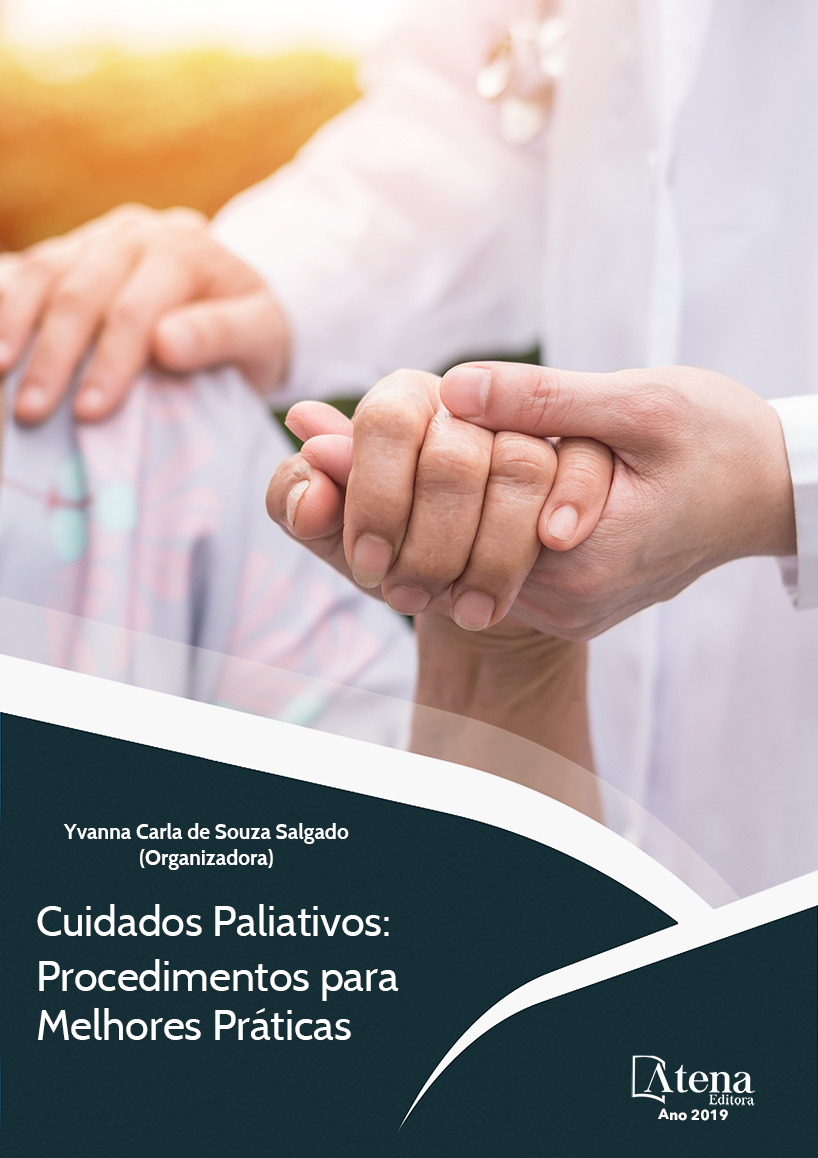
MEDIDA DO BEM-ESTAR DOS CUIDADORES DE PACIENTES PALIATIVOS ONCOLÓGICOS PEDIÁTRICOS
Introdução: O câncer infanto-juvenil
representa um importante problema de saúde
pública. A doença pode provocar uma crise
para o paciente e sua família, interrompendo
seus planos e suas atividades e tudo passam
a ser planejado em função da criança. Quando
uma criança é diagnosticada com câncer, toda
sua família, em especial seu cuidador, adoece
junto, sendo necessário mensurar o conforto e
bem-estar desse cuidador.
Objetivo: Avaliar o bem-estar dos cuidadores
familiares de pacientes oncológicos paliativos e
dependentes de tecnologia tratados no Hospital
de Câncer Infantojuvenil de Barretos.
Métodos:Foi realizada uma abordagem com
os responsáveis pelas crianças e adolescentes
portadoras de câncer infantil em cuidados
paliativos, sendo entregue o questionário HCQcaregiver
autoaplicável ao cuidador.
Resultados: Observou-se que, apenas o
sexo apresentou influência estatisticamente
significativa no bem-estar do cuidador (p=0,034).
No entanto, nota-se uma tendência dos
pacientes portadores de tumores hematológicos
apresentarem pior bem-estar (p=0,052). O
bem-estar médio dos 44 cuidadores familiares
de pacientes oncológicos dependentes de
tecnologia e/ou em cuidados paliativos tratados
no Hospital de Câncer Infantojuvenil de Barretos
foi de 202,3 com desvio padrão de 22,3 e Alpha
de Cronbach de 0,826.
Conclusão: O sexo feminino do cuidador
apresentou pior bem-estar, bem como o
diagnóstico do paciente de tumor hematológico.
Em relação as demais características do
cuidador não houve diferenças estatisticamente
significativas.
MEDIDA DO BEM-ESTAR DOS CUIDADORES DE PACIENTES PALIATIVOS ONCOLÓGICOS PEDIÁTRICOS
-
DOI: 10.22533/at.ed.4641920085
-
Palavras-chave: Câncer, Cuidados Paliativos; Cuidadores; Qualidade de Vida.
-
Keywords: Cancer; Palliative care; caregivers; quality of life.
-
Abstract:
Introduction: Childhood and
adolescent cancer represents an important
public health problem. The illness can cause a
crisis for the patient and his family, interrupting
their plans and their activities and everything is
planned for the child. When a child is diagnosed
with cancer, his whole family, especially his
caregiver, gets sick together, and it is necessary to measure the comfort and well-being
of that caregiver.
Objective: To evaluate the well-being of family caregivers of cancer-dependent and
technology-dependent cancer patients treated at the Children and Adolescents Cancer
Hospital of Barretos.
Methods: An approach was taken with those responsible for children and adolescents
with childhood cancer in palliative care, and the HCQ-caregiver self-administered
questionnaire was delivered to the caregiver.
Results: It was observed that only sex had a statistically significant influence on
the caregiver’s well-being (p = 0.034). However, there is a tendency of patients with
haematological tumors to present worse well-being (p = 0.052). The mean well-being of
the 44 family caregivers of cancer dependent patients on technology and / or palliative
care treated at Hospital de Câncer Infantojuvenil de Barretos was 202.3 with a standard
deviation of 22.3 and Cronbach’s Alpha of 0.826.
Conclusion: The female patient of the caregiver presented worse well-being, as well
as the patient’s diagnosis of haematological tumor. Regarding the other characteristics
of the caregiver, there were no statistically significant differences.
-
Número de páginas: 15
- Ligiamara de Castro Toledo
- Thiago Buosi da Silva
- Erica Boldrini


